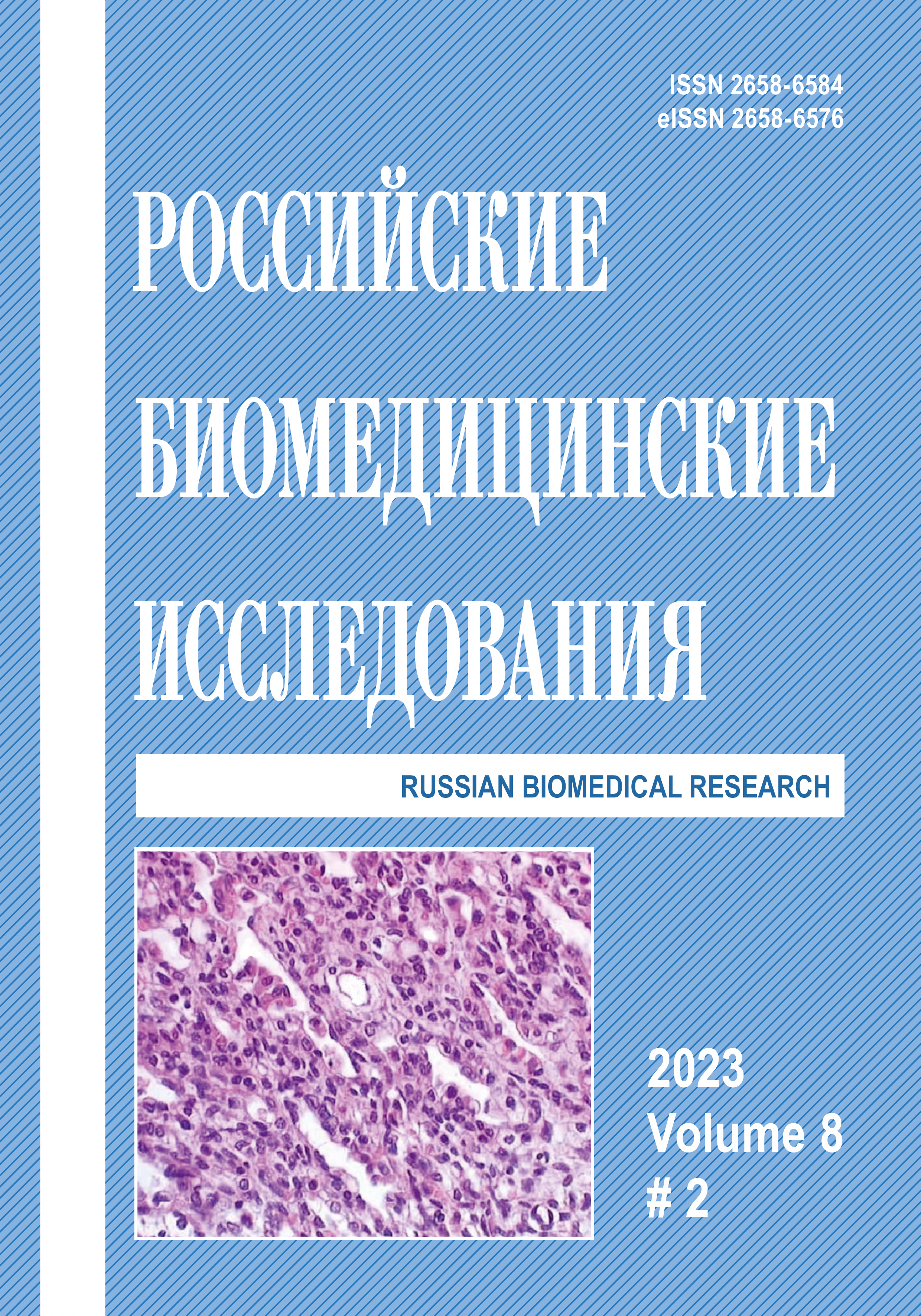A CLINICAL CASE OF POISONING WITH POTASSIUM PERMANGANATE CRYSTALS IN A YOUNG CHILD
Abstract
The analysis of the incidence of acute poisoning of chemical etiology (data from the annual reports of the FSBI NPTC of the FMBA of Russia) shows that 21.5 to 30.6 thousand children under the age of 18 seek specialized medical care in the Russian Federation. According to statistical data of the Department of Toxicology of the N.F. Filatov State Medical University of Moscow, an average of 104–116 children with a diagnosis of acute poisoning with cauterizing substances are treated annually in the hospital. Among them, the cause of poisoning in 5-7 % of cases is ingestion of potassium permanganate crystals. Potassium permanganate (KMnO4) belongs to the category of cauterizing poisons, causes severe chemical damage to tissues. It is a strong oxidizer, in the body it is converted to caustic alkali, atomic oxygen, manganese dioxide. In addition to the cauterizing effect, manganese also has a neurotoxic effect due to the fact that it freely penetrates the blood-brain barrier, has a high tropicity to the subcortical structures of the brain. The lethal dose of potassium permanganate for adults when ingested is 0.3–0.5 g/kg. No data on lethal doses in children found.
Copyright (c) 2023 Russian Biomedical Research

This work is licensed under a Creative Commons Attribution 4.0 International License.



